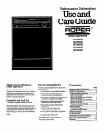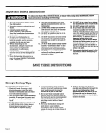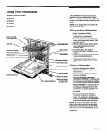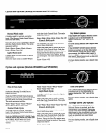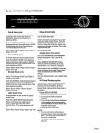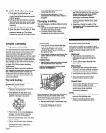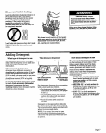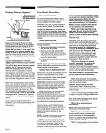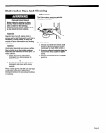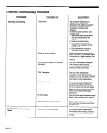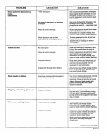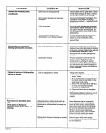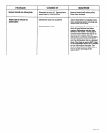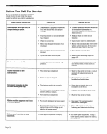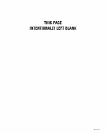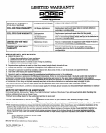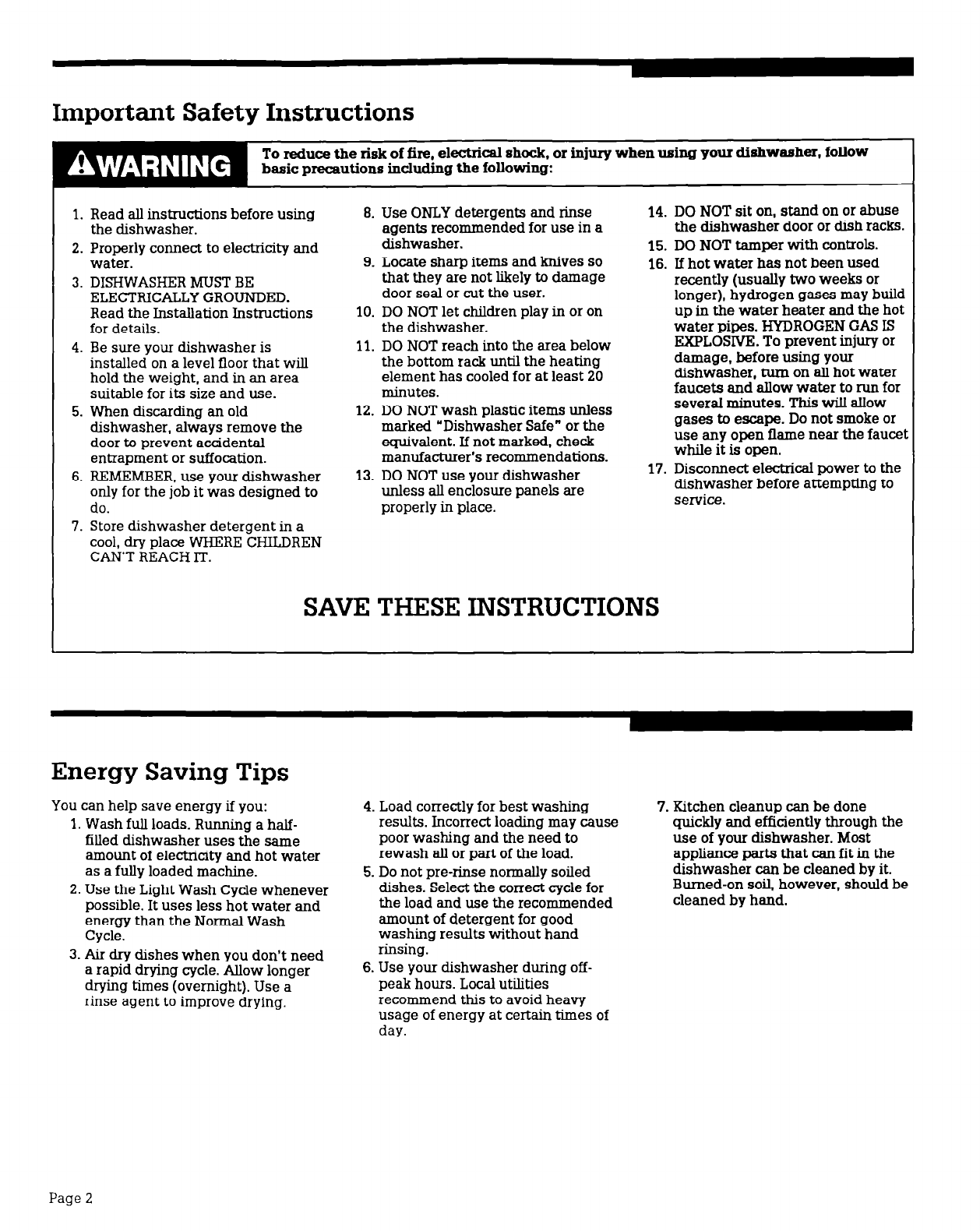
Important Safety Instructions
To reduce the risk of fire, electrical shock, or injury when using your dishwasher, follow
basic precautions including the following:
1. Read all instructions before using
the dishwasher.
2. Properly connect to electricity and
water.
3. DISHWASHER MUST BE
ELECTRICALLY GROUNDED.
Read the Installation Instructions
for details.
4. Be sure your dishwasher is
installed on a level floor that will
hold the weight, and in an area
suitable for its size and use.
5.
When discarding an old
dishwasher, always remove the
door to prevent accidental
entrapment or suffocation.
6. REMEMBER, use your dishwasher
only for the job it was designed to
do.
7. Store dishwasher detergent in a
cool, dry place WHERE CHILDREN
CAN’T REACH IT.
8. Use ONLY detergents and rinse
agents recommended for use in a
dishwasher.
9. Locate sharp items and knives so
that they are not likely to damage
door seal or cut the user.
10. DO NOT let children play in or on
the dishwasher.
11. DO NOT reach into the area below
the bottom rack until the heating
element has cooled for at least 20
minutes.
12. DO NOT wash plastic items unless
marked “Dishwasher Safe” or the
equivalent. If not marked. check
manufacturer’s recommendations.
13. DO NOT use your dishwasher
unless all enclosure panels are
properly in place.
14.
DO NOT sit on, stand on or abuse
the dishwasher door or dish racks.
15.
DO NOT tamper with controls.
16. If hot water has not been used
recently (usually two weeks or
longer), hydrogen gases may build
up in the water heater and the hot
water pipes. HYDROGEN GAS IS
EXPLOSIVE. To prevent injury or
damage, before using your
dishwasher, turn on all hot water
faucets and allow water to run for
several minutes. This will allow
gases to escape. Do not smoke or
use any open flame near the faucet
while it is open.
17.
Disconnect electrical power to the
dishwasher before attempting to
service.
SAVE THESE INSTRUCTIONS
Energy Saving Tips
You can help save energy if you:
1. Wash full loads. Running a half-
filled dishwasher uses the same
amount of electricity and hot water
as a fully loaded machine.
2. Use the Light Wash Cycle whenever
possible. It uses less hot water and
energy than the Normal Wash
Cycle.
3. Air dry dishes when you don’t need
a rapid drying cycle. Allow longer
drying times (overnight). Use a
rinse agent to improve drying.
4. Load correctly for best washing
results. Incorrect loading may cause
poor washing and the need to
rewash all or part of the load.
5.
Do not pre-rinse normally soiled
dishes. Select the correct cycle for
the load and use the recommended
amount of detergent for good
washing results without hand
rinsing.
7. Kitchen cleanup can be done
quickly and efficiently through the
use of your dishwasher. Most
appliance parts that can fit in the
dishwasher can be cleaned by it.
Burned-on soil, however, should be
cleaned by hand.
6. Use your dishwasher during off-
peak hours. Local utilities
recommend this to avoid heavy
usage of energy at certain times of
day.
Page 2



